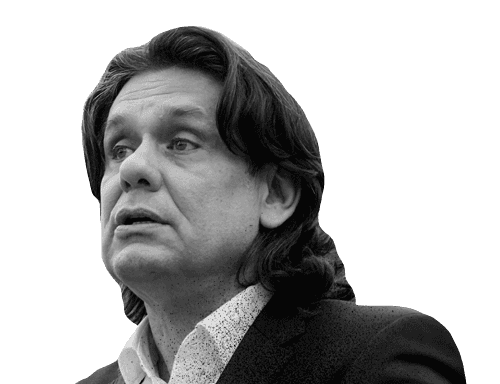A descendant of the Erba-Odescalchi noble family of Hungary, Odescalchi is fluent in Hungarian, which likely allowed him to become an advisor to the first post-communist prime minister of Hungary, József Antall. But after Antall’s death, he came into conflict with the party’s leadership and left their employment.
Odescalchi went on to found the Survival in a Democracy Project, which received money from the US Information Service, the Konrad Adenauer Foundation and the Westminster Foundation. He also worked for the Robert Schuman Institute to train and advise political operatives from Ukraine, Serbia, Belarus, Romania, Russia and Croatia during this period. During this time, his work was supported by the International Republican Institute.
From 1994 to 1998, with the Hungarian center left in power, Odescalchi sought to create an alliance between the right-leaning parties within the country. Specifically, he sought an alliance between the Fidesz, the Independent Smallholders' Party, and the Hungarian Democratic Forum. While this was ultimately unsuccessful in creating a joint electoral list, one of the most active participants in his Survival in a Democracy Project, Fidesz, won the 1998 elections.
In the aftermath of the election, Fidesz worked to consolidate the voter base of the right within Hungary. The Independent Smallholders Party fell out of parliament in the 2002 election, with the Hungarian Democratic Forum falling into slow irrelevance over the next decade. And while this rise cannot solely be attributed to the advice of Daniel Odescalchi, Fidesz’ willingness to take on and adapt American-style campaigning techniques played a role in their consolidation of the right within Hungary.
Odescalchi was active in federal campaigns in the United States up through 2016.






